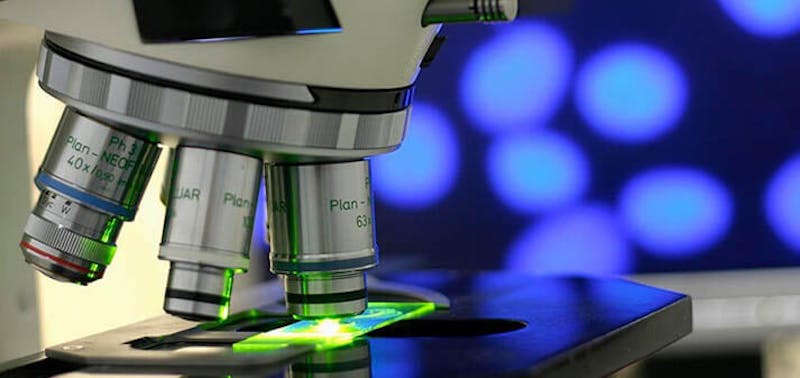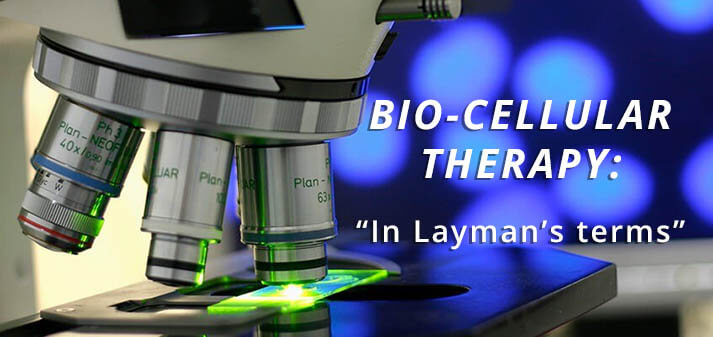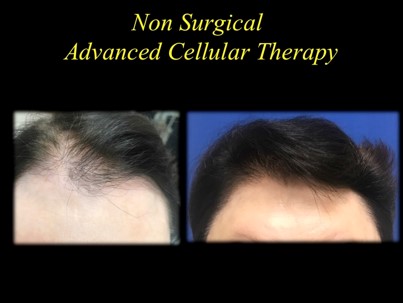

Bio-Cellular therapy encompasses the use of all forms of biologic therapy, alone or in combination, to alleviate pain, reduce inflammation, heal faster, regenerate tissue, grow hair and support the immune system to help the body heal itself.
PRP
Platelet Rich Plasma (PRP) is a base used in Regenerative medicine when “platelets are concentrated a minimum of four times baseline in 5 ml of blood”. PRP contains Red blood cells, White blood cells, platelets and plasma.
It is “autologous or blood products from the same person”. Consider PRP as a combination of healing proteins and signaling cells that provide nutrition for damaged tissue.
PRP varies from system to system because different systems achieve different levels of growth factors concentrations so “not all PRP is the same”.
Leukocyte Rich PRP
PRP that “contains white blood cells” and is from the same donor. While WBC’s are loaded with growth factors they are also pro-inflammatory. WBC’s also fight infection so has advantages in treating wounds.
Leukocyte Poor PRP
PRP that contains “no white blood cells” and is from the same donor. Since there are few, if any WBC’s, it is beneficial in cosmetic facial procedures and treating tendons and ligaments.
Cytokine Rich Plasma CRP
Is a purified form of PRP that has no white blood cells, no red blood cells and no platelets. It is pure concentrated growth factors (regenerative proteins from platelets), cytokines in plasma (proteins in water) and is autologous.
Cytokines
The term “cytokine” is derived from a combination of two Greek words – “cyto” meaning cell and “kinos” meaning movement. Cytokines are cell signaling molecules that “aid cell to cell communication” in immune responses and stimulate the movement of cells towards sites of inflammation, infection and trauma.
Birth Tissue
Pregnant donor women must pass medical examinations before they donate Umbilical Cord after delivery. They are tested for communicable diseases such as HBV, HCV, HIV and Syphilis. After collection, each cord blood sample is tested for communicable diseases such as HBV, HCV, HIV and Syphilis. The isolated cells are cultured to test for bacteria and fungus, endotoxins, and to insure viability. Birth tissue is homologous (donor products from the same species). The tissue banks that produce the birth tissue are strictly regulated by the FDA.
Amniotic fluid
The fluid surrounding a fetus within the amnion. Stem cells from the amniotic fluid (AF) and amniotic tissue (AT) can be isolated and expanded easily
(Increased) and have the ability to become any type of cell without the risk of producing tumors. It can repair, replace and regenerate damages cells.
Wharton’s Jelly (WJ)
Is the tissue taken from the end of the umbilical cord nearest the maternal end of the umbilical cord and contains 50x more growth factors, cytokines and hyaluronic acid.
Advanced Cellular Therapy
Medicinal Signaling Cells (MSC’s)
Is tissue taken from the end of the umbilical cord closest to the infant end that contains MCS’s (Medicinal Signaling Cells), these are stem cells. These cells are called “Uncharacterized Phenotypes” or simply “are cells that can turn into any type of cell”.
Exsosomes
Exosomes or Extracellular Vesicles (EVs) come from stem cells found in all bodily fluids and are primarily used in cell signaling. They contain all the concentrated elements from stem cells that communicate with each other.
Exosomes (MSC-EVs) have a potential to activate Dermal Papilla (DP cells “hair cells”), prolonged survival, induce growth factor activation in vitro, and promotes hair growth in vivo.
The Exosomes from umbilical cord have 30 types of collagen verses exosomes from bone marrow, which has 8 types of collagen, there are more, they can replicate faster and independent studies demonstrate they are superior in dermatologic uses.

